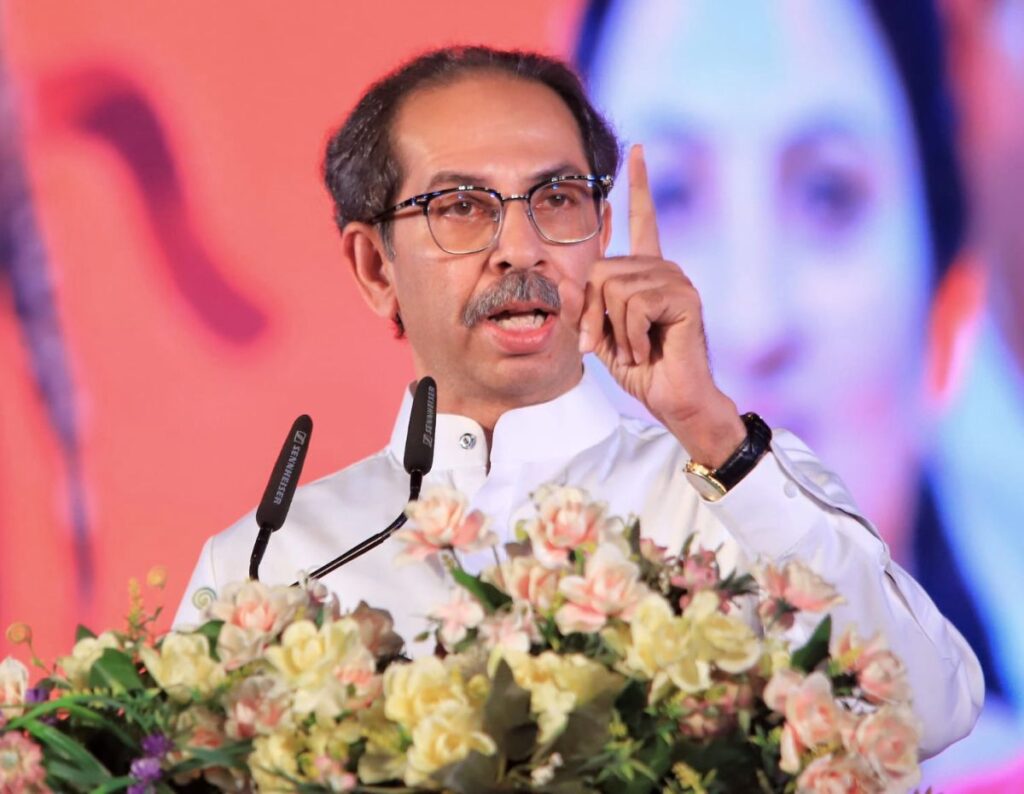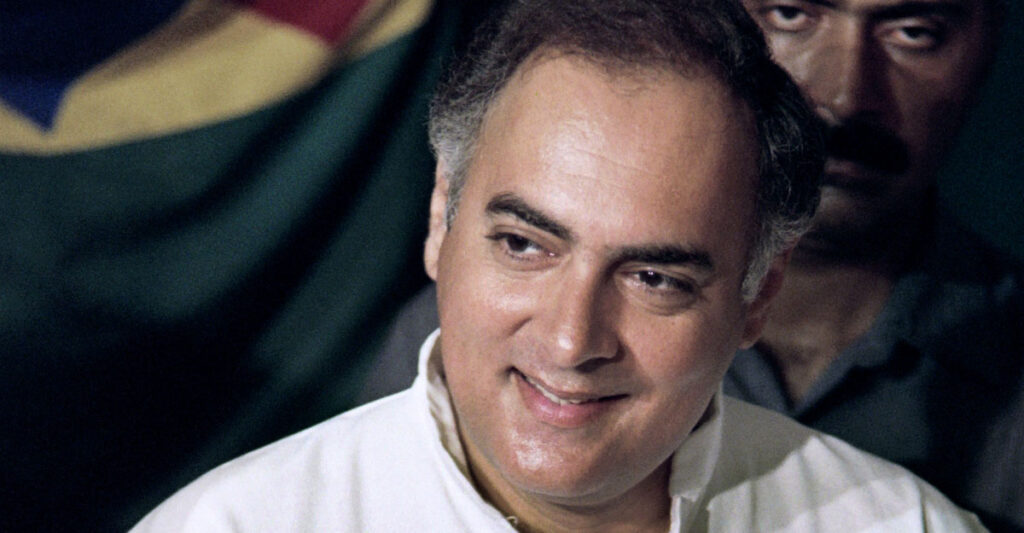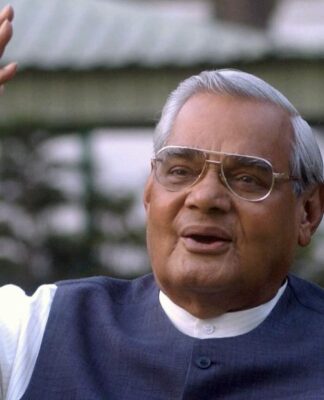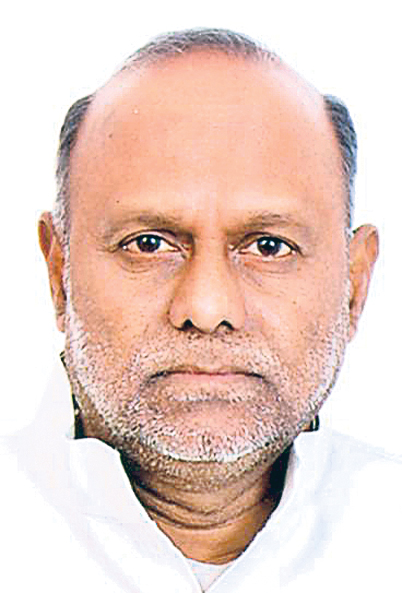(Dr Pentapati Pullarao)
There is much news when MLAs or MPs defect from their parties. Telugu states have a rare type of political defections. In Telangana and Andhra, it is nervous chief ministers who attract defectors from the Opposition. In other states, defections bring down governments. In Telugu states, defections occur to weaken the opposition.
Indian democracy based on British system :
India is based on British parliamentary system. The British system is opposite of the American system. In US system, once a President or governor of a state is elected, he has a fixed term. In British system, a prime Minister can be removed at any time, if he loses majority in parliament. India has the same system.
Indian politics controlled by maximum 40 politicians
India is a democracy and governments change after elections. But in the last 75 years, Indian democracy has become toxic, where the entire political system is controlled by about 40 people. It is these 40 people who control Assemblies, parliament and politics. Without them you cannot become an MLA or MP. There is no room for Independents.
Parliamentary democracy means controlled chaos :
British system ensures a prime minister can be easily changed. In the last 5 years, there were 4 British Prime Ministers. In Italy and Japan, a Prime minister rarely lasts more than 3 years. In India, Anti-defection laws make chief Minister or prime ministers impossible to change.

Why Maharashtra MLAs defected in 2022
The most famous recent defections were in Maharashtra and Supreme Court heard the case for weeks. In Maharashtra in 2022, Uddhav Thackeray was chief Minister of a coalition. Thackeray’s party had 57 MLAs. Suddenly in June 2022, 41 MLAs out of 57 Thackeray MLAs left him. The defecting MLAs said that Thackeray never gave them an appointment for 30 months. The MLAs used to wait outside the gates of CM house. Can you blame such MLAs for dumping Thackeray?
But under our anti-defection laws, even mentally tortured MLAs or MPs cannot leave the party without losing their seats. Maharashtra is a very good example, for a review or even scrapping of Anti-defections laws..

Rajiv Gandhi and anti-defection laws
When India became free, our election laws were literally the same as Britain. Rajiv Gandhi became prime Minister on December 31, 1984. Within one month, the 52nd Constitutional Amendment (anti-defection laws) was passed on January 30th, 1985. This anti-defection law was barely discussed and never went to any Parliamentary committee.
Rajiv Gandhi had 415 MPs out of 535 MPs. Why did Rajiv Gandhi rush through this big legislation? Why was he afraid that even though he had such a big majority, he thought his government will fall? Obviously, some close advisers panicked him into thinking that his government will fall. As Rajiv Gandhi had a brutal majority in parliament, the law was passed in minutes.
The Anti-Defection law (52nd Constitutional amendment) said that defection or changing of parties by MLAs and MPs can be done, only under some difficult conditions. It became impossible for an MLA or MP to defect.
Strangely, when Vajpayee was Prime Minister, he made further drastic changes in 2002. But Rajiv Gandhi is responsible for rushing through such a major law without discussion. Vajpayee made it worse.

- No other parliament democracy in the world has such anti-defection laws. Why should India alone have them ?
- Dr. Ambedkar and other leaders never included such an anti-defection law in our constitution. They wanted MLAs and MPs to have power. Now no MLA or MP has any power.
- The anti-defection law has made party chiefs democratic dictators. No MP or MLA can challenge a Chief Minister or prime Minister. Dynastic parties have now become all powerful.
- There may be reason that MLAs and MPs want to defect. But in a parliamentary democracy, there has to be un-certainty. Thanks to the anti-defection law, MLAs and MPs get no respect in their constituencies or from the government. The MLAs and MPs have become powerless and in a parliamentary democracy, they have to be all-powerful.
Who gained the most from anti-defection laws?
- The Supreme court lawyers and big High Court lawyers make big money. Usually, governments pay these lawyers All these anti-defection cases start in High Courts and finally go to Supreme Court. This anti-defection law has been a boon for lawyers, and they become famous. The lawyers get Rajya Sabha seats.
- Politicians who own parties or control national parties have dictatorial control over MLAs and MPs. This enables them to change alliances as they please. There are 40 such politicians who control Indian democracy.
The public suffers the most This is because the MLAs and MPs cannot protest against the wrong policies. If they do, they will be side-lined and next election, they won’t get tickets.
40 years have passed this law was hastily enacted. This is a good time to review it. There is a need to give MLAs and MPs more freedom and more power. Has democracy become better due to this law?
Many people say that if this law is not there, then there will be in-stability. But if this law is removed, then political leaders will be careful how they behave and maybe dynasties will come under control.
Some supporters of this anti-defection law will say that there will be corruption, if the law is scrapped. But is there no corruption now? This law was passed in haste in 1985. A review is needed. More democracy will than less democracy. Mps and MLAs must be allowed to think and not be slaves.

(The Author is a Political and Economic Analyst)

